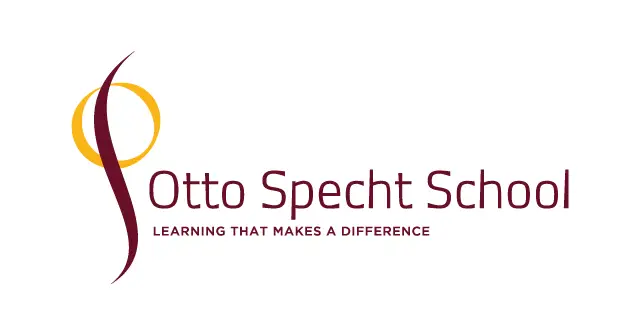Get the Best Family Activities
Custodial accounts present other dilemmas. The child owns the assets since the account is in his or her name, but the latest changes in the taxation of unearned income by minors has been extended all the way through age 18, and up to age 24 for college students! That means you can only hope that your college-bound teen decides to use the money for college, but no matter how the money is spent, much of the investment income will be taxed to you at your highest marginal tax bracket.
U.S. Savings Bonds are also a popular savings vehicle. However, these bonds carry modest interest rates.
Do Your Homework
There are a couple of things you’ll want to consider when evaluating 529 plans.
First, find out about your state’s College Savings Plan. Keep in mind that where you live may or may not be the best place to invest. Most states allow accounts to be opened by and for non-residents. If your state has a College Savings Plan, you should weigh any local tax benefits against the benefits and conditions of plans offered by other states.
New York’s plan is administered by Columbia Management, Connecticut’s by TIAA-CREF, and New Jersey’s by Franklin Templeton. But this is not enough information to make an informed decision on choosing a plan. In addition to state of residency, it is also important to consider the tax bracket of the investor and how much they want to contribute. Columbia Management was recently rated by Barron's (a respected financial publication) as the best overall fund manager over the last five years. Based on that information, an investor in New Jersey, where there is no tax deduction, might consider using the New York plan to gain access to Columbia. However, the New York plan also has a higher initial minimum of $1,000, compared to the New Jersey plan’s $250 minimum.
If you are already saving within a custodial account, an ESA, or with U.S. Savings Bonds, you may want to explore the tax-free transfer of these savings to a College Savings Plan.
Finally, keep in mind that if the funds aren’t used for educational purposes, you’ll face a 10 percent penalty tax on earnings upon withdrawal.
Still, many families find the benefits of the plans greatly outweigh any potential disadvantages. Last year alone they invested around $5.5 billion.
NICHOLAS J VERTUCCI is a financial advisor and wealth advisory specialist at Citi Smith Barney. For more information: 212-603-6248; [email protected].





